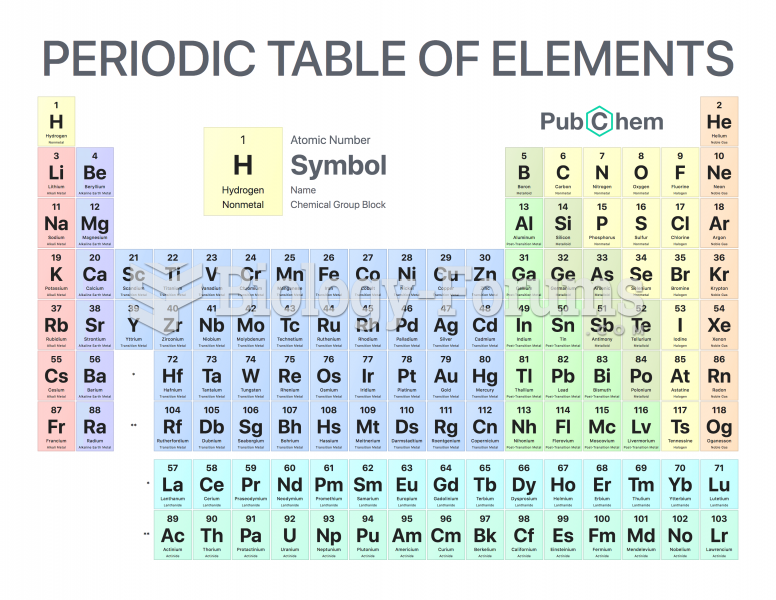|
|
|
The B-complex vitamins and vitamin C are not stored in the body and must be replaced each day.
When taking monoamine oxidase inhibitors, people should avoid a variety of foods, which include alcoholic beverages, bean curd, broad (fava) bean pods, cheese, fish, ginseng, protein extracts, meat, sauerkraut, shrimp paste, soups, and yeast.
The heart is located in the center of the chest, with part of it tipped slightly so that it taps against the left side of the chest.
More than 4.4billion prescriptions were dispensed within the United States in 2016.
Asthma-like symptoms were first recorded about 3,500 years ago in Egypt. The first manuscript specifically written about asthma was in the year 1190, describing a condition characterized by sudden breathlessness. The treatments listed in this manuscript include chicken soup, herbs, and sexual abstinence.







